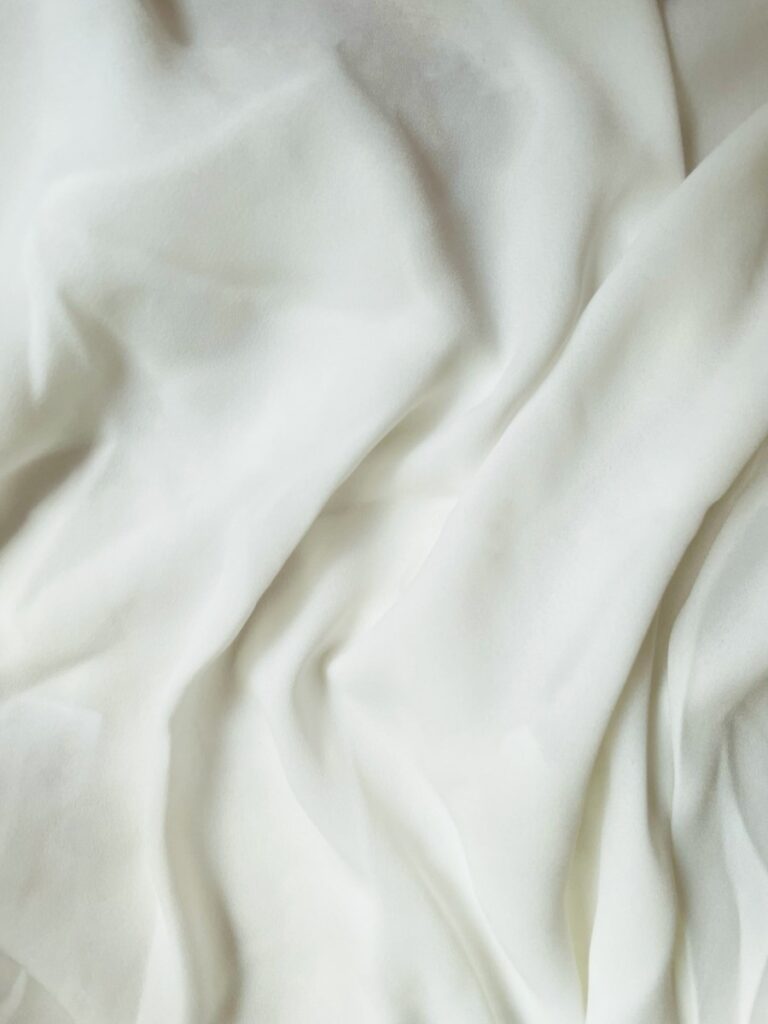Introduction
The h̩adīth of Kisā’ (cloak) refers to an incident where the Prophet gathered Fāṭima, ʿAlī, al-Ḥasan, and al-Ḥusayn underneath his cloak. Although the h̩adīth is accepted by Sunnis and Shias, it is interpreted differently.
The hadith
On the authority of ʿĀ’ishah who relates, “Nabī (salalahu alaihi wa sallam) left in the morning wearing a woollen garment with pictures of camel saddlebags, made from black hair. Ḥasan ibn ʿAlī came, and Rasūlullāh (salalahu alaihi wa sallam) covered him [in his garment], followed by Ḥusayn, who entered with him. Fāṭimah then came and he took her in, and then ʿAlī came and he took him under. He thereafter recited: ‘Allah intends only to remove from you the impurity [of sin], O people of the [Prophet's] household, and to purify you with [extensive] purification.’1 2
According to the Shī‘as, this verse is proof that “the people of the household” (ahl al-bayt) is restricted to Fāṭima, ʿAlī, al-Ḥasan, and al-Ḥusayn and their progeny. This is a complete misinterpretation of the hadith. To understand why, one needs to read the verse in its entirety.
The verse in context
The full verse is:
O wives of the Prophet! You are not like any other women: if you are mindful ˹of Allah˺, then do not be overly effeminate in speech ˹with men˺ or those with sickness in their hearts may be tempted, but speak in a moderate tone. And abide in your houses and do not display yourselves as [was] the display of the former times of ignorance. And establish prayer, give zakah and obey Allah and His Messenger. Allah intends only to remove from you the impurity [of sin], O people of the [Prophet's] household, and to purify you with [extensive] purification. And remember what is recited in your houses (buyootikunna3) of the verses of Allah and wisdom. Indeed, Allah is ever Subtle and Acquainted [with all things]. Sūrah al-Aḥzāb: 32-34.
What is understood directly from these three verses is that ahl al-bayt (people of the household) encompasses the Prophet’s wives. The first verse begins with addressing the wives of the Prophet (salalahu alaihi wa sallam) and the concluding verse continues to address them.
In the hadīth of Kisā, the Messenger of Allah, by covering them with his garment, included ʿAlī, Fāṭimah, Ḥasan and Ḥusayn among members of his family so that they could also be covered by the divine blessing manifested in the removal of evil deeds and thorough purification4.
The word “Ahl” in a grammatical sense
Al-Ahl of a house refers to its residents. From here we get ahl al-Qurā: residents of a village; al-ahl of a religion: its adherents and followers. Its figurative expression: a man’s ahl refers to his wife, and his children are also included. [for example the verse] وَسَارَ بِأَهْلِهِ He was traveling with his family5. i.e. his wife and children. Al-Ahl of Nabī (salalahu alaihi wa sallam) refers to his wives, daughters, and son-in-law Sayyidunā ʿAlī6
The term ahl al-bayt in the Quran
When addressing the family of Prophet Ibraheem (alaihi salaam) Allah uses the expression ahl al-bayt.
رَحْمَتُ اللّٰهِ وَبَرَکٰتُه عَلَیْكُمْ اَهْلَ الْبَیْتِ
“May Allah’s mercy and blessings be upon you, O family [of Ibraheem].7
This verse was revealed prior to the birth of their son, Prophet Ishaq. Hence, the only member of the Prophet Ibraheem’s family was his wife.
Notes
- Sūrah al-Aḥzāb: 33 ↩︎
- Sahih Muslim 2424 ↩︎
- the attached pronoun “kunna” is feminine plural. Hence the pronoun “your” in the phrase “your houses” is exclusively feminine. Thus “your houses” refers to the houses of the wives of the Prophet salalahu alaihi wa sallam. ↩︎
- Triumph of the Truth. p.55. by Majdi Muhammad ibn `Ali ibn Muhammad https://mahajjah.com/triumph-of-the-truth-by-majdi-muhammad-ibn-ali-ibn-muhammad/ ↩︎
- Surah Qasas: 29 ↩︎
- this section taken from the book Umm al-Mu’minīn Sayyidah ʿĀ’ishah, p. 594, compiled by al-Durar al-Saniyyah Foundation www.mahajjah.com ↩︎
- Surah Hud: 73 ↩︎

